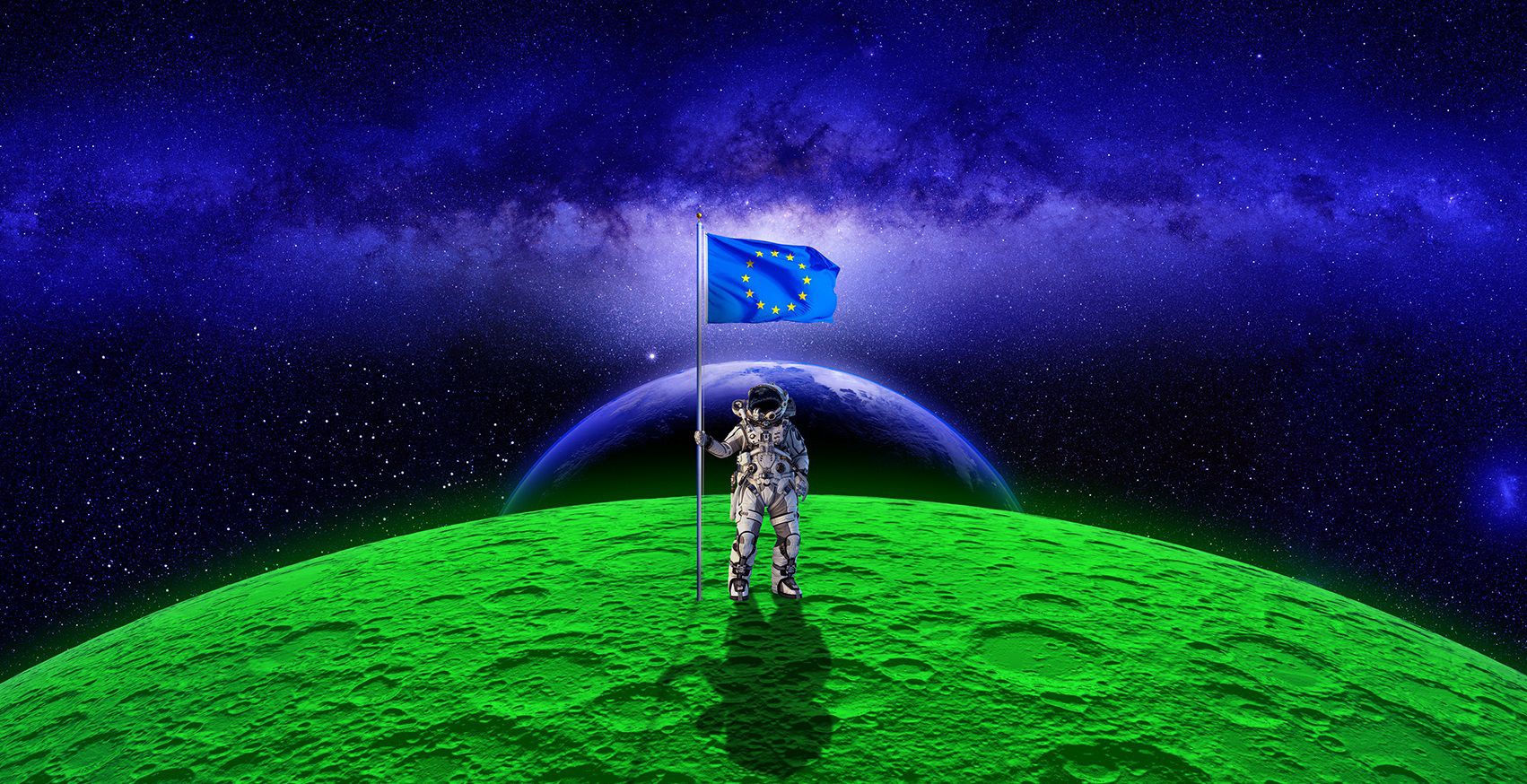The European Commission’s plan covers several policy areas: low-carbon energy, sustainable industry (especially energy-intensive sectors), construction and renovation in (residential) construction, more sustainable agriculture, sustainable mobility, the elimination of pollution (air, soil, water) and biodiversity. The budget for this is substantial: € 1,000 billion for sustainable investments and € 100 billion for ‘transition aid’ in the period 2021-2030.
Ultimately, the EGD should lead to significant reductions in CO2 emissions in various sectors. According to Willem Sederel (chairman of Circular Biobased Delta), the EGD can certainly contribute to this, but the biggest challenge is social innovation. “It is a precondition for actually getting the circular economy off the ground. For the Netherlands, it is really important to set aside political positions and opinions and to cooperate constructively on a solution based on facts. The biomass energy discussion is a good example of how we continue to talk differently at each other, with the danger that we miss the boat with green jobs and green investments that will in stead go to our neighboring countries. ”
There is also criticism of the EGD. For example, the European Commission would listen too much to the fossil industry. Europe would like to be too far ahead of music and price itself out of the market. Agriculture must be more sustainable, but also more intensive. And biomass remains in the picture as a renewable transition fuel.
Read the full article on Agro&Chemistry.



